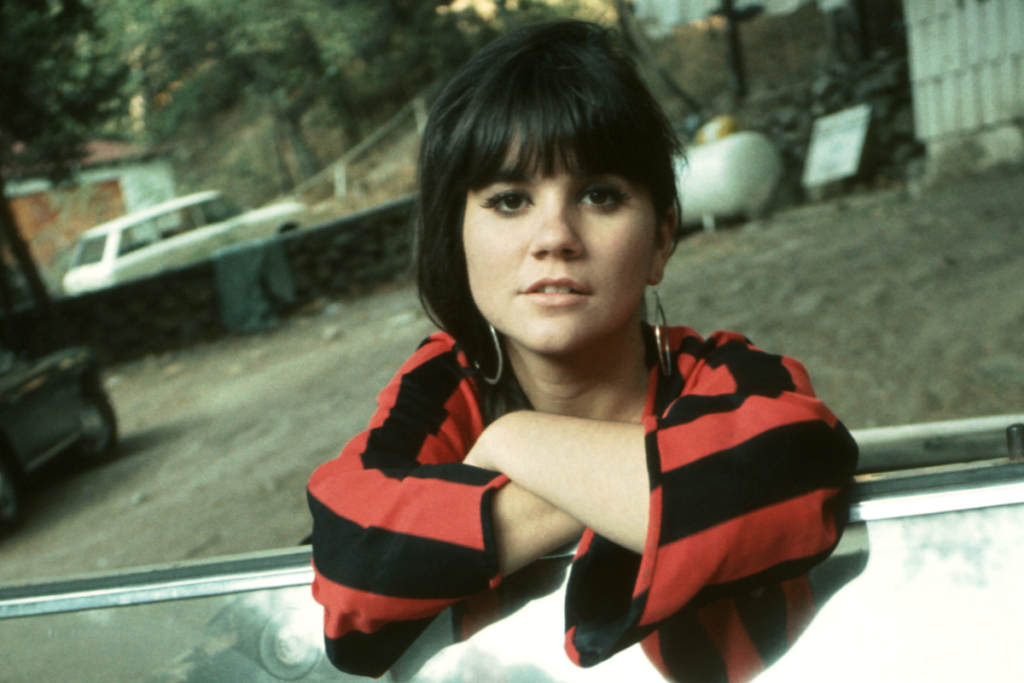
A Fierce Voice Beneath the Irony: Survival Dressed in Swagger
When Linda Ronstadt released her rendition of “Poor Poor Pitiful Me” in 1977, it was a striking moment of transformation—both for the song and for the woman singing it. Featured on her multi-platinum album Simple Dreams, this sharp-edged, sardonic tune climbed to No. 31 on the Billboard Hot 100 and became a defining cut in Ronstadt’s formidable catalog. Originally penned and performed by Warren Zevon, whose 1976 version was laced with dark humor and masculine bravado, the song found new life—and a newly sharpened point—when filtered through Ronstadt’s fearless, feminist lens.
Ronstadt’s choice to cover “Poor Poor Pitiful Me” was not merely an artistic whim; it was a pointed act of reclamation. Zevon’s original lyrics included vignettes of suicide attempts and sexual conquest, couched in his signature gallows wit. But Ronstadt, ever the interpreter of emotional truth, did more than transpose gender pronouns. She retooled the narrative into something both satirical and starkly self-aware—a woman’s battle cry against victimhood disguised as self-pity. The result is a track that struts with swagger while casting a sideways glance at society’s tired tropes about female suffering.
Produced by Peter Asher, Simple Dreams represented the peak of Ronstadt’s commercial success and artistic ambition. With this album, she tore through genre boundaries like paper—country, rock, pop, and even Mexican folk traditions all found space under her roof. Yet among its standout tracks, “Poor Poor Pitiful Me” burns with particular intensity, its guitar-driven engine roaring beneath Ronstadt’s crystalline voice—clear, defiant, and emotionally exacting.
The genius of her performance lies in its tonal balance: she leans into the song’s irony without diminishing its bruises. When she sings lines like “These young girls won’t let me be / Lord have mercy on me,” she walks a tightrope between mockery and menace. The delivery is cheeky but not flippant; it understands the weight of lived experience behind every eye-roll-worthy cliché. In Ronstadt’s hands, what could have been dismissed as a novelty becomes a reflection on the absurdity of victimization narratives that obscure agency and resilience.
Musically, the track pulses with late-’70s Southern California rock energy—tight rhythms, punchy slide guitar, and arrangements that nod toward country roots while never settling entirely within their boundaries. This duality reflects Ronstadt herself: an artist who could inhabit a song fully without being consumed by it; who could reflect another writer’s words while projecting her own unmistakable soul.
Today, “Poor Poor Pitiful Me” endures not just as a highlight from one of the most successful albums of the decade but as a cultural artifact that captures Ronstadt at her most subversive. She took a song forged in male irony and recast it as a rallying cry for those tired of being told how to suffer prettily. It’s not just a cover—it’s a reinvention steeped in intelligence, power, and emotional grit.